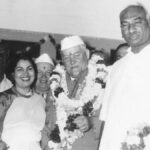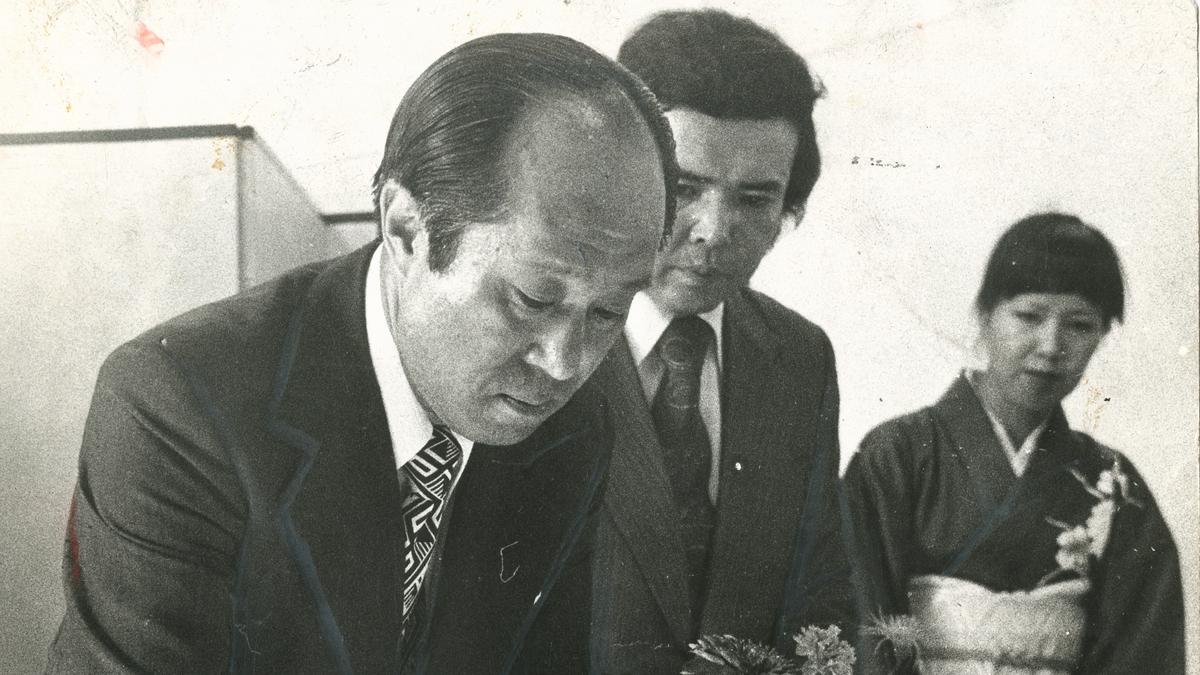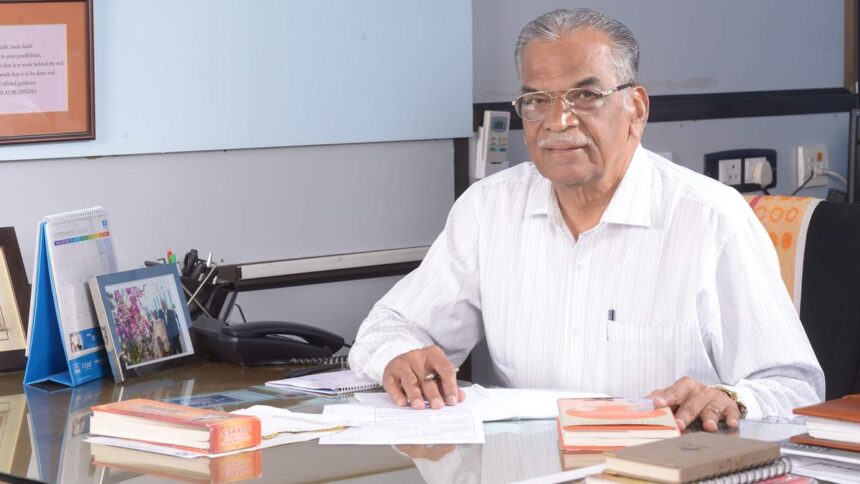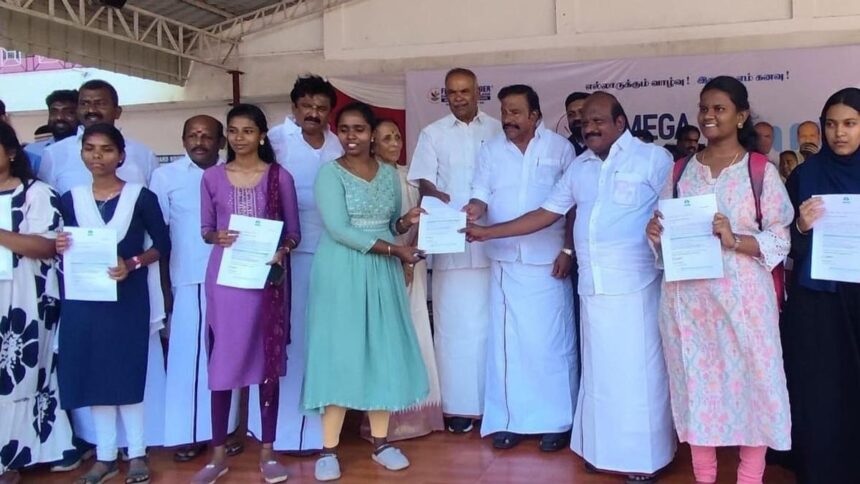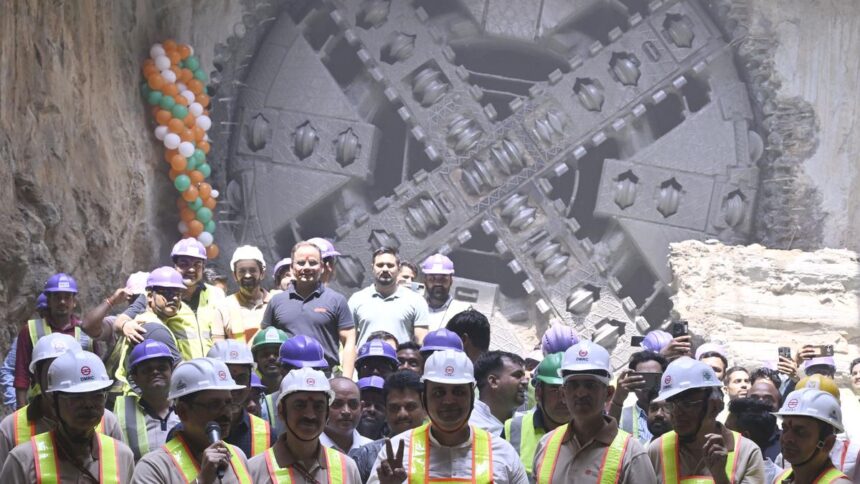
In 1974, Madras saw the establishment of ABK-AOTS Dosokai, a non-governmental organisation chiefly interested in the promotion of Japanese language and awareness about its culture.
| Photo Credit: The Hindu Archives
It was WWII that brought to an end a significant Madras international link — settlements in Burma aka Myanmar. Following the Japanese takeover of that country, thousands of Indians fled the place they had called home, several of them for generations. This exodus finished off the Nagarathar trade with Burma for good. And 15 years later, further instability in Burma would result in another wave of refugees, for whom Burma Bazaars and Colonies were opened in Madras. In addition, there was at least one air raid on the city by the Japanese, in 1943. It caused no damage, but fear of the Japanese led to the famed Evacuation of Madras a year earlier.
The city’s first interactions with the Japanese were therefore not encouraging. But there was a significant population in the city that sympathised with Netaji Subhas Bose and his Indian National Army, which acted in collaboration with the Japanese. Two decades later, a Japanese Consulate was opened in the city and has existed ever since. Thereafter, the city became increasingly aware of Japanese goods — initially handicrafts and textiles, and then, electronics.

By the 1970s, a new respect for Japan was emerging, based on their emphasis on quality and their production processes. In 1974, Madras saw the establishment of ABK-AOTS Dosokai, a non-governmental organisation chiefly interested in the promotion of Japanese language and awareness about its culture. This body has done yeoman service in the promotion of business as well, and its presence was to play a pivotal role from the early 1980s.
Arrival of Maruti-Suzuki
With the arrival of Maruti in collaboration with Suzuki, and its plans for making cars in an unheard of before volumes, the auto component manufacturers of Madras sat up. Clearly, it was necessary to become suppliers to Maruti and that meant being one up on quality. All of a sudden there was talk of lean production systems, ISO 9000 certification, and then Total Quality Management. Japanese consultants arrived here in droves. They only spoke in Japanese, were accompanied by interpreters, talked tough and trashed all the systems in place. Rather than take umbrage, the Chennai companies girded themselves to qualify on quality.
Japanese dolls on display as part of an exhibition presented by the Consulate of Japan at the Egmore Government Museum in Chennai in September 2024
| Photo Credit:
B. Velankanni Raj
Madras led India on the quality front. In December 1990, Sundram Fasteners became to first Indian company to qualify for the ISO 9000 certification. And by the mid 1990s, the new buzzwords were TQM and the Deming Prize. In 1998, Sundaram Clayton Limited became the first Indian company to receive the prize. Then came a whole host of others, including Sundram Fasteners and the Rane Group.
Developing small companies
A less-talked about initiative, one pioneered by K. Mahesh of Sundaram Brake Linings, was through the Automotive Component Manufacturers Association. Japanese consultants were brought in to get smaller companies to shore up their processes as well. This was made feasible through support by ACMA.
By the time economic liberalisation had taken a firm hold on India, Chennai companies were well poised to deal with the world thanks to the quality initiatives imparted by the Japanese. But while we changed, the consultants never learnt to speak English, or Tamil.
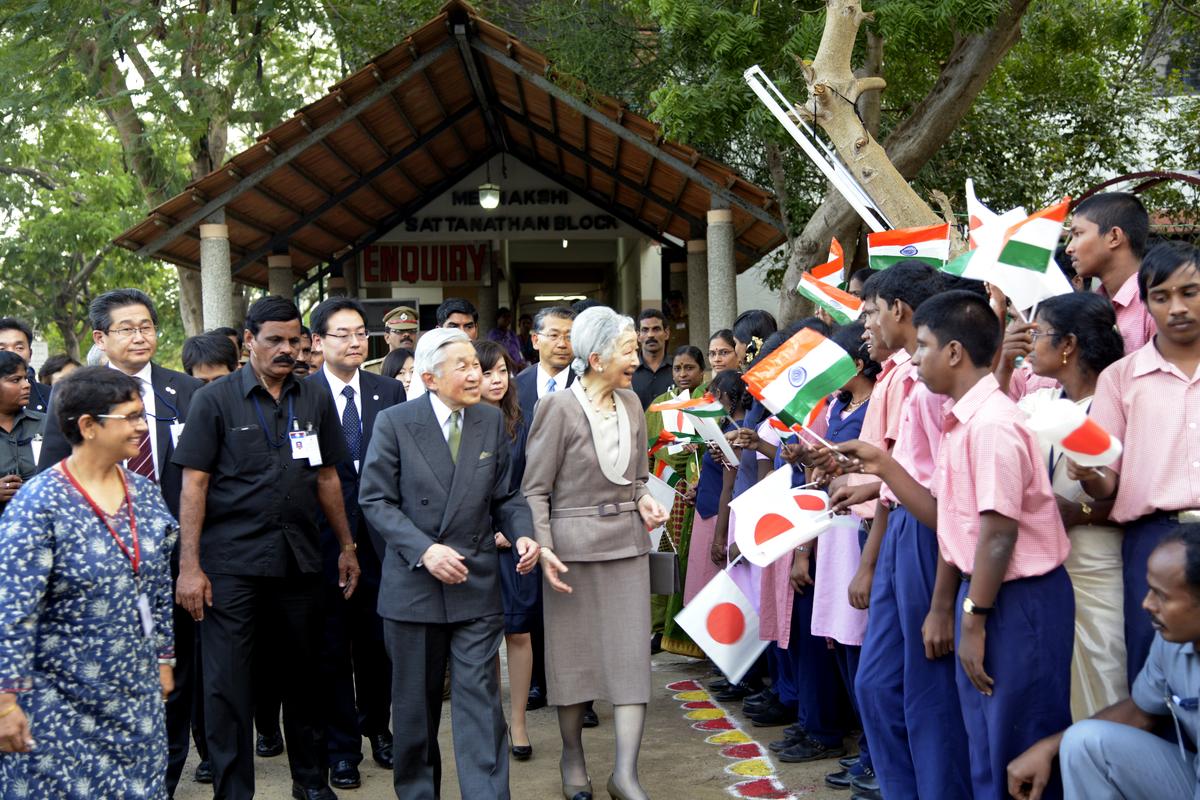
Japanese Emperor Akihito and Empress Michiko visit The Spastic Society of Tamil Nadu at Taramani in Chennai on December 5, 2013
| Photo Credit:
The Hindu Archives
When in 1995, Sundram Fasteners Limited (SFL) began work on qualifying for Total Productive Maintenance (TPM), its Managing Director Suresh Krishna entered into a wager with Yamaguchi, the consultant. If SFL qualified, he, Suresh Krishna, would deliver his speech in Japanese and in turn, Yamaguchi would need to address the workers at SFL in Tamil. Suresh Krishna attended classes in Japanese at ABK-AOTS Dosokai and became fluent enough to deliver his acceptance speech in 1998 when his company qualified for the TPM award. Yamaguchi never learnt Tamil.
Since then, Japanese presence in and around Chennai has increased exponentially. In Tada, Andhra Pradesh, not far from our city, there is a veritable Japanese enclave of companies. And Chennai-ites are talking knowledgeably about sushi and sake.
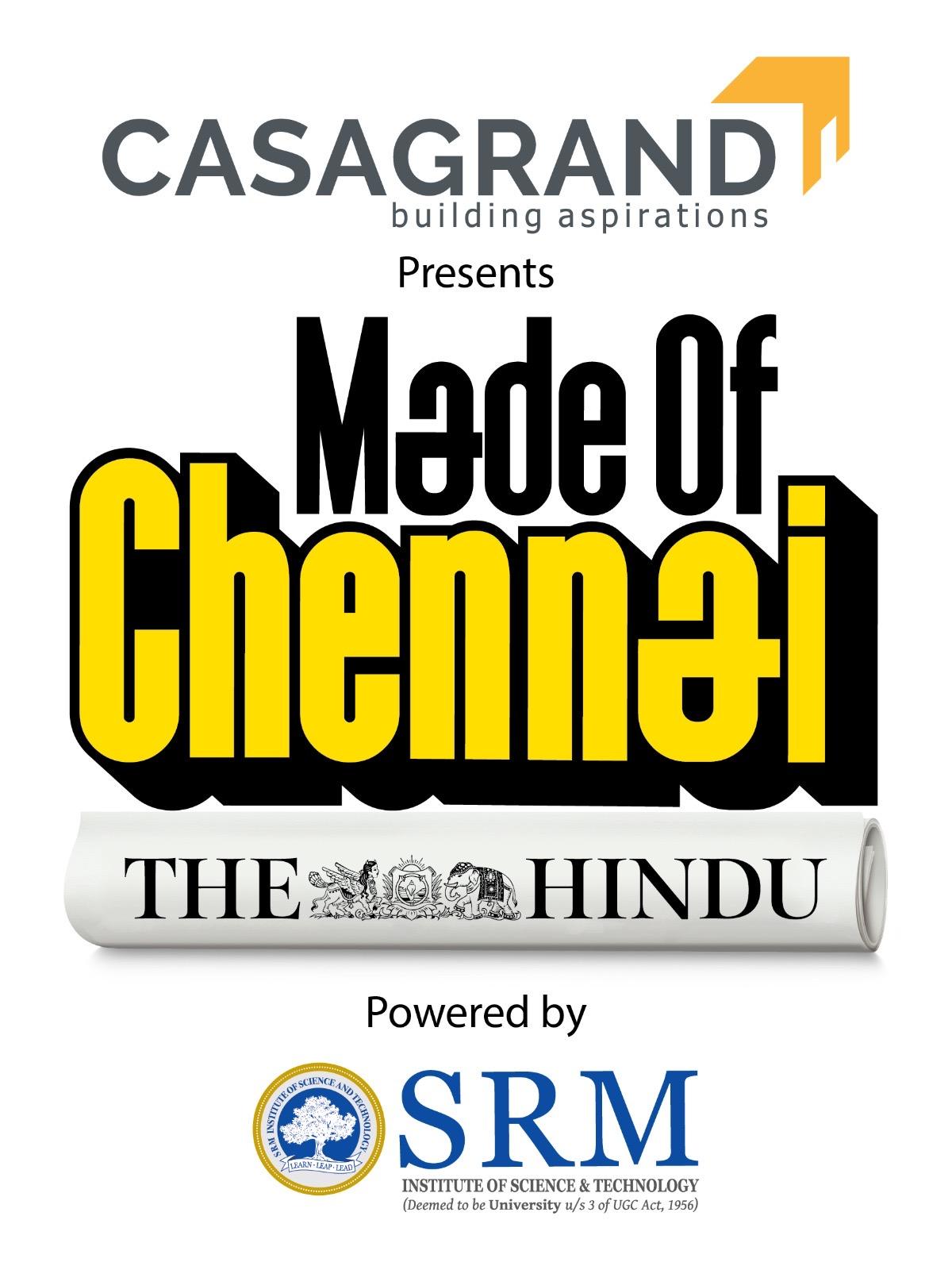
Published – August 22, 2025 08:20 am IST






